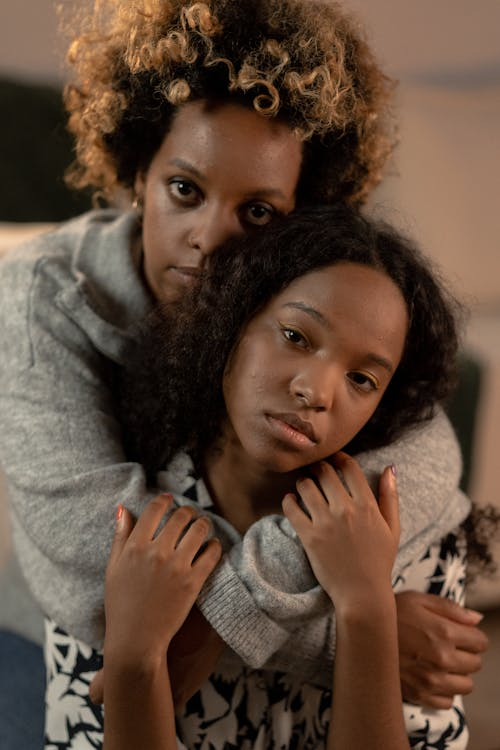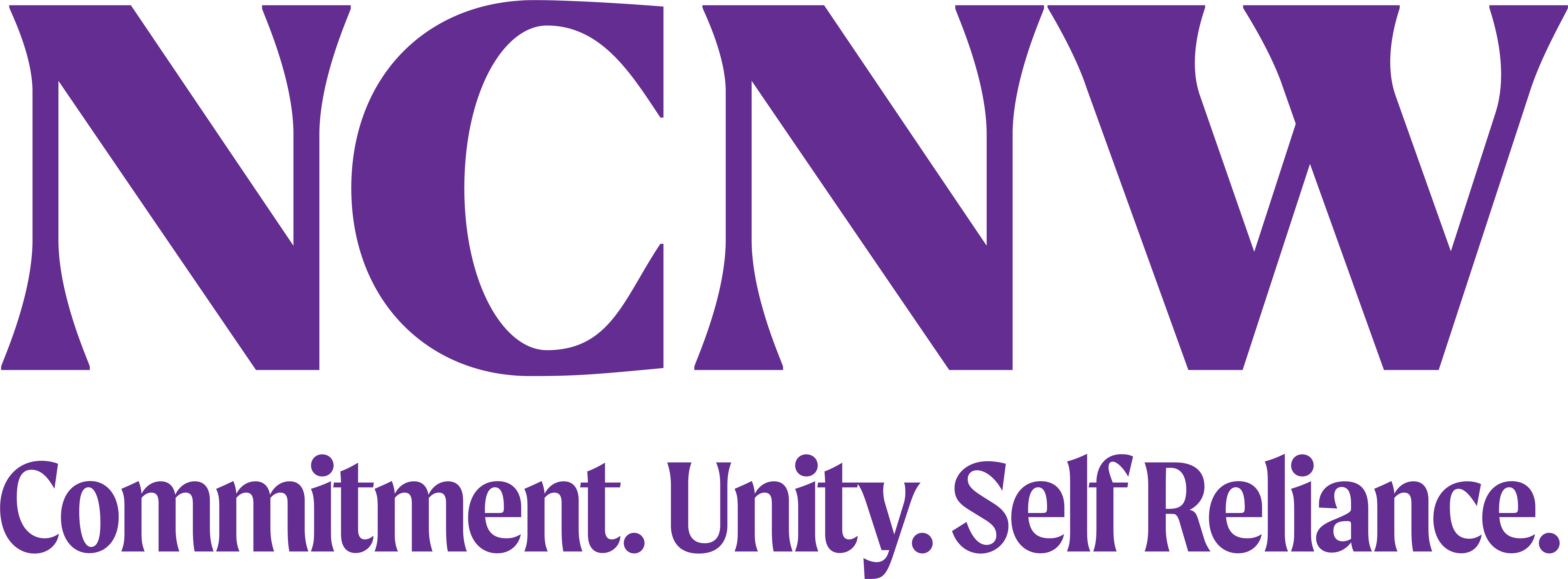July: Amplifying Black Women’s Mental Health in Ohio – A Call to Action
July: Amplifying Black Women’s Mental Health in Ohio – A Call to Action
July is National Minority Mental Health Awareness Month, also known as Bebe Moore Campbell National Minority Mental Health Awareness Month or BIPOC Mental Health Month. Bebe Moore Campbell (1950-2006) was an American author, journalist, and mental health advocate who is best known for her novels that explored the themes of race relations and mental illness in the Black community. She also co-founded NAMI Urban Los Angeles, a support and advocacy organization for people with mental illness and their families. Campbell was a tireless advocate for mental health education and the elimination of stigma surrounding mental illness, particularly among minority communities. In recognition of her work, the U.S. Congress formally designated July as Bebe Moore Campbell National Minority Mental Health Awareness Month in 2008. This month aims to raise awareness of the unique mental health challenges faced by minority populations and promote culturally competent mental health care. This July, as we observe National Minority Mental Health Awareness Month, we at the National Council of Negro Women Inc., Columbus Section (NCNWCSO) want to shine a spotlight on the mental well-being of Black women in Ohio. While mental health affects everyone, it’s crucial to recognize the unique challenges faced by Black women due to intersecting factors like race, gender, and socioeconomic status.
The Weight of Intergenerational Trauma:
The mental health of Black women is not merely an individual struggle; it’s a collective burden passed down through generations. Historical trauma from slavery, segregation, and ongoing discrimination has left a lasting impact. Studies have shown that trauma can be passed down epigenetically, altering gene expression in offspring and increasing their susceptibility to mental health conditions (Yehuda et al., 2016). This intergenerational trauma is compounded by the daily microaggressions, and systemic barriers faced by Black women today.
Statistics Paint a Stark Picture (Ohio-Specific Data):
National Data/Statistics
National statistics indicate that Black women are 20% more likely to experience serious psychological distress than white women (National Alliance on Mental Illness, 2023).
- Despite this, only 1 in 3 Black adults who need mental health care receive it (Mental Health America, 2023).
- Suicide rates among Black girls aged 15-24 are rising at an alarming rate, outpacing all other racial/ethnic groups (Centers for Disease Control and Prevention, 2023).

A photo of a Black mother and daughter embracing, symbolizing the intergenerational support
Ohio Data/Statistics
While national data is alarming, it’s crucial to highlight the specific challenges faced by Black women in Ohio:
- Ohio Suicide Rates:A study by the Ohio Suicide Prevention Foundation found that from 2019 to 2020, the suicide rate for Black women in Ohio increased by a staggering 14%, highlighting the urgent need for targeted intervention.
- Trauma and Resiliency:Research by Black Girl Rising Inc. in Ohio is exploring the complex relationship between trauma and resilience among Black girls, aiming to develop culturally relevant support systems.
- Impact of Police Violence:A 2024 community conversation series hosted by Male Behavioral Health in Columbus highlighted the impact of police violence on Black women’s mental health, underscoring the need for trauma-informed care.
These statistics and local initiatives reveal a mental health crisis that demands our immediate attention.
Breaking Down Barriers to Healing:
Several factors contribute to the mental health disparities faced by Black women in Ohio:
- Cultural Stigma:The stigma surrounding mental illness in many Black communities discourages seeking help and perpetuates silence.
- Implicit Bias:Black women often encounter bias in the healthcare system, leading to misdiagnosis, inadequate treatment, or dismissal of their concerns.
- Limited Access to Care:Financial constraints, lack of insurance, and a shortage of culturally competent mental health providers create additional barriers to care.
Empowering Black Women through Artificial Intelligence (AI) and Clinical Trials:
Because of generations of handling this burden which sometimes overwhelms the black community, especially for black women who would usually ignore their self-care in pursuit of caring for others, black women need additional help. Technology, particularly artificial intelligence (AI), holds promise for improving mental healthcare access and delivery for Black women. AI-powered tools can help identify risk factors, personalize treatment plans, and provide culturally relevant support.
However, to ensure these tools are effective and equitable, we need more Black women to participate in clinical trials. By contributing to research, Black women can shape the future of mental healthcare and ensure that AI algorithms are trained on diverse data sets, reducing bias and improving outcomes for all.
NCNWCSO’s Commitment:
We at the NCNWCSO are dedicated to empowering black women and girls in Ohio, in the handling of mental health, both for themselves and their loved ones. This includes prioritizing mental health through advocacy, education, and support. We are committed to:
- Breaking the Stigma:Encouraging open conversations about mental health within our communities and promoting help-seeking behaviors.
- Advocating for Change:Pushing for policies that address systemic barriers to mental healthcare access for Black women.
- Supporting Research:Encouraging and facilitating Black women’s participation in clinical trials to ensure equitable AI development.
Your Voice Matters:
For this National Minority Mental Health Awareness Month, therefore, let’s amplify the voices of Black women. Let’s listen to their stories, validate their experiences, and work together to create a society where their mental health is valued and supported.
Together, we can build a future where every Black woman has the resources and support, she needs to thrive, mentally, emotionally, and spiritually. Above all, we need black women smiling again ———–

Prof Egondu Onyejekwe
MSc., MA., MA., MS. Engr., PhD.
Chief Grant Strategist (CGS) &
Director, S.E.E. E (Serve, Educate, Elevate, Empower) Project
References:
- Mental Health America. (2023). Black & African American communities and mental health.
- National Alliance on Mental Illness. (2023). Mental health conditions.
- Ohio Suicide Prevention Foundation. (n.d.). Black and African American Community.
- Stancil, K. E., Boslaugh, S. E., Kravitz, R. L., & Solomon, M. Z. (2021). Challenges in increasing diversity in clinical trials: A review of the literature. Journal of Health Care for the Poor and Underserved, 32(1), 22-37.
- Yehuda, R., Daskalakis, N. P., Bierer, L. M., Bader, H. N., Klengel, T., Holsboer, F., & Meaney, M. J. (2016). Holocaust exposure induced intergenerational effects

